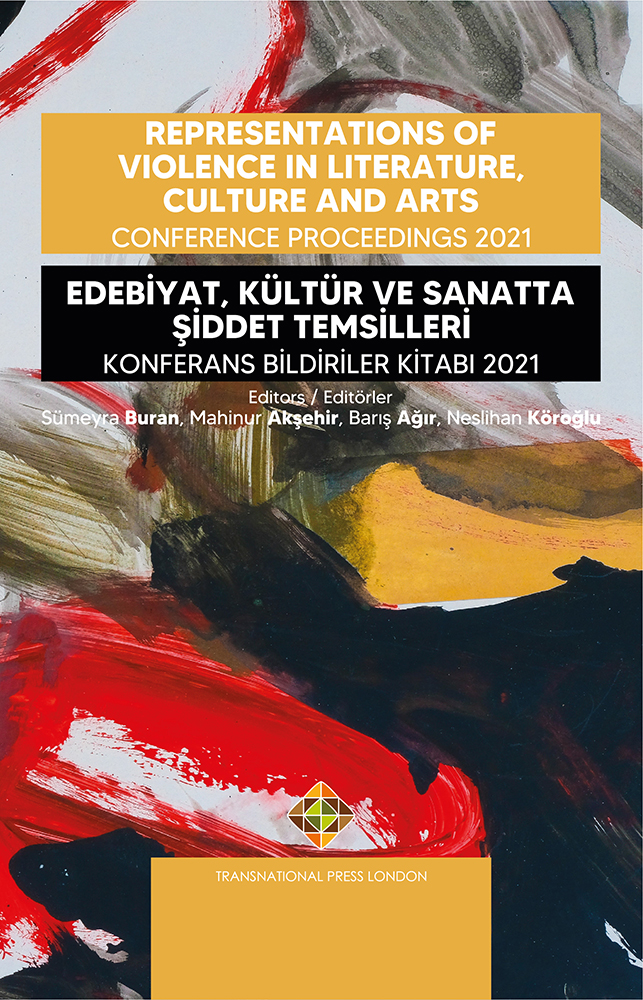Revisiting Gendered Violence in Modern Iranian Fiction: Mahmoud Dowlatabadi’s Missing Soluch
Revisiting Gendered Violence in Modern Iranian Fiction: Mahmoud Dowlatabadi’s Missing Soluch
Author(s): Selin Şencan
Subject(s): Gender Studies, Studies of Literature, Other Language Literature, Studies in violence and power
Published by: Transnational Press London
Keywords: Gendered Violence; Modern Iranian Fiction; Mahmoud Dowlatabadi’s Missing Soluch; Violence;
Summary/Abstract: Gendered violence is widely defined as an “umbrella term for any harm that is perpetrated against a person’s will on account of gendered power inequities that not only exploit distinctions between men and women but also among men and among women” (Chinouya, 2013, p. 499). Thus, different forms of violence, ranging from domestic to social, are considered to be abusive patterns of behavior. Narrating gendered violence in fiction, particularly rural fiction, is an attempt to demonstrate how culturally and socially constructed norms victimize human beings in a particular society. Mahmoud Dowlatabadi’s Missing Soluch (1979) is a modern Iranian novel that reflects the traumatic experiences of many characters in a village called Zaminej. After Slouch’s mysterious disappearance, his wife Mergan has to raise her children in his absence. The novel narrates the hardships of a mother who looks after her two sons named Abbas and Abrau, and her only daughter, Hajer. Analyzing Dowlatabadi’s novel locates us in a particular region, the Middle East that is replete with traumatic histories of which gendered violence is evident and undeniable. As far as gendered violence is considered in the Middle East, women are usually viewed as victims of sexualized violence or as the potential target for domestic violence in certain societies. However, the protagonist Mergan manages to assert her agency against the patriarchal backdrops of her village. Dowlatabadi gives voice to a female character, Mergan who is exposed to many forms of traumatic experiences, but she becomes a survivor at the end of the novel. Dowlatabadi’s novel offers us insights into a better understanding of patriarchal, social, and domestic forms of violence and the possible traumatic consequences of them in the rural areas of modern Iran. The novel mainly highlights the patterns of domestic abuse, rape, and child marriage as forms of gender-based violence.
Book: Edebiyat, Kültür ve Sanatta Şiddet Temsilleri Konferans Bildiriler Kitabı 2021
- Page Range: 173-180
- Page Count: 8
- Publication Year: 2022
- Language: English
- Content File-PDF

